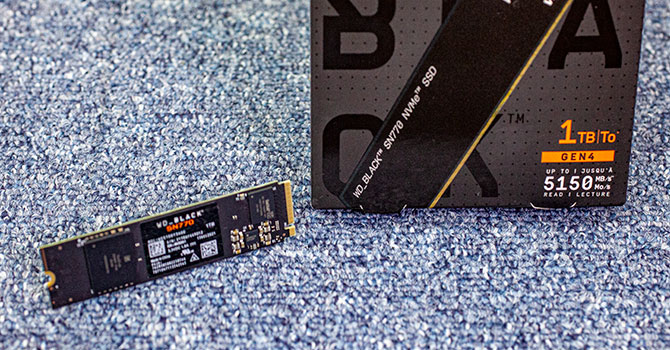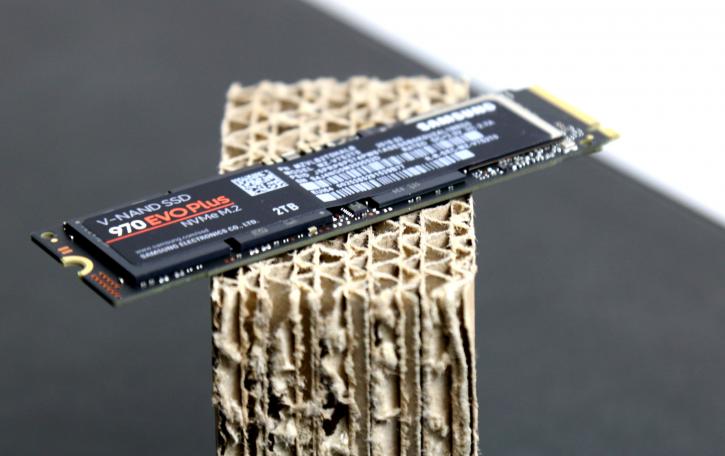I personally prefer to always pick Dram SSDs - >
https://www.technipages.com/dram-on-an-ssd-is-it-something-you-want/
There's a lot of ifs and buts, but the simple thing is that you can feel the difference with dram ssds. Or atleast I can. If you dont, and are convinced that something else is better inspite of not having a well recognized feature, then you should go for that. I use my devices too much to skimp out on that. And unless theres a more meaningfull advantage for my specific purpose like double TBW in Firecuda 530 for my proxmox server which eats TBW like crazy, I will always pick samsungs purely cause of reliability. Sure a batch with certain firmware had issues in one model, but i've always found them rock solid in so many years of use..
Edit - My second fav is WD for their vertical integration like Samsung. It was a close call between 980 pro and SN850x, before Firecuda 530 came in the mix with price, tbw advantage at near same reliability.





